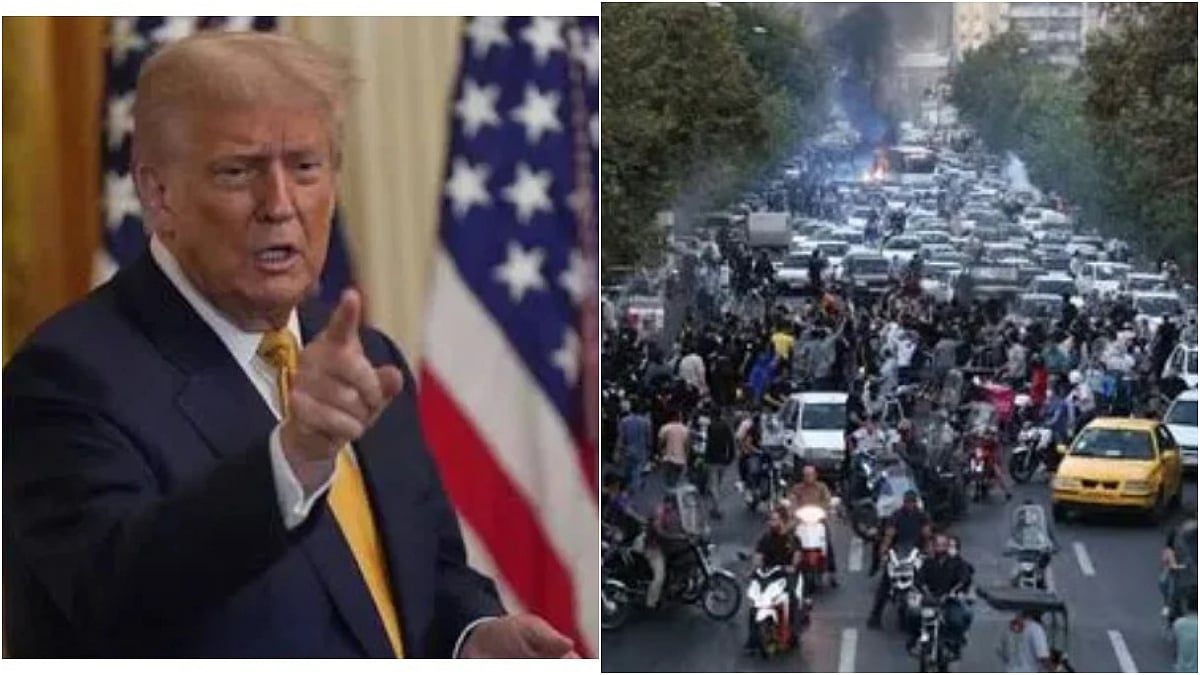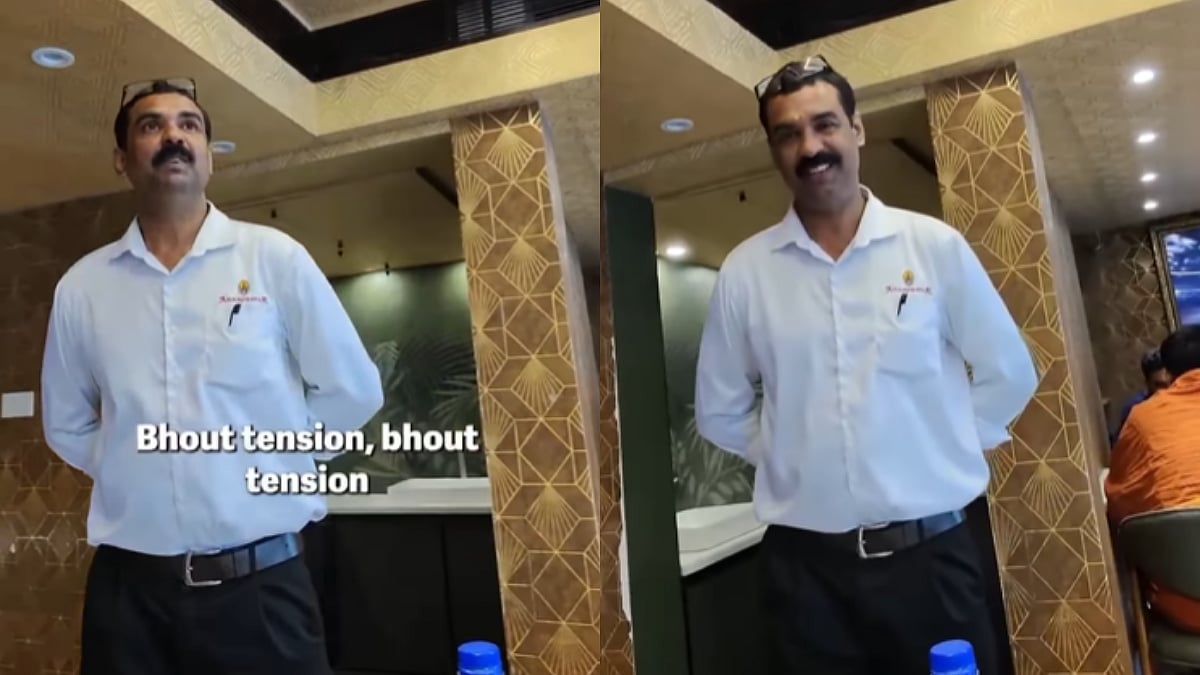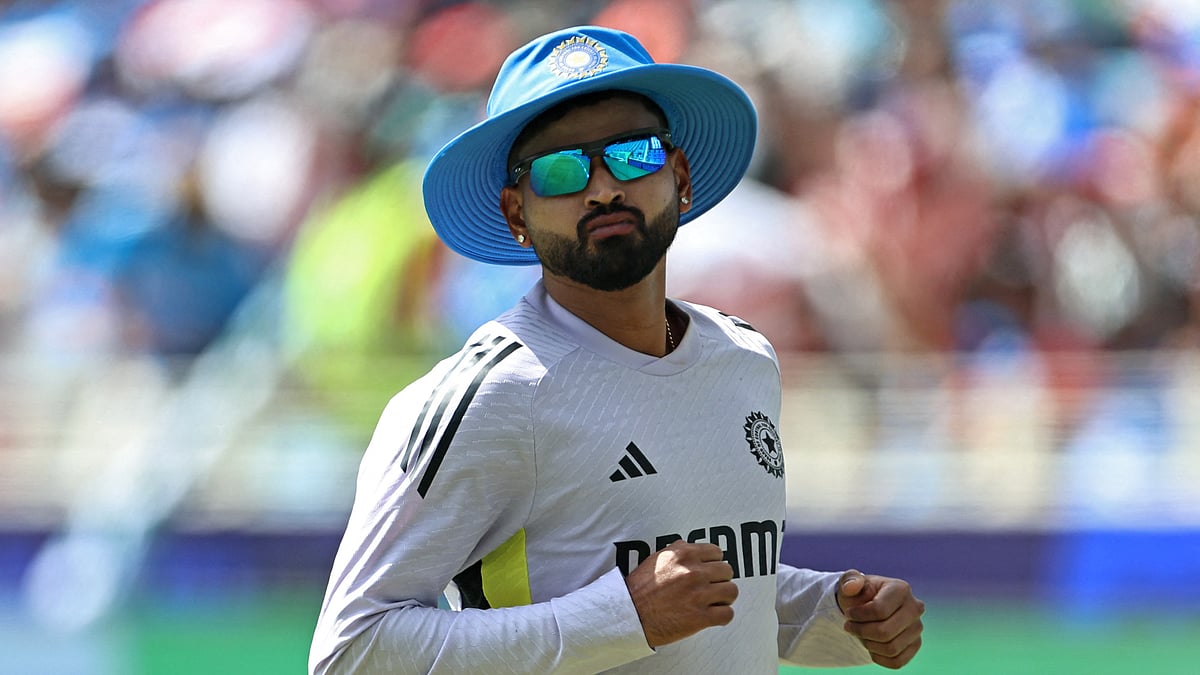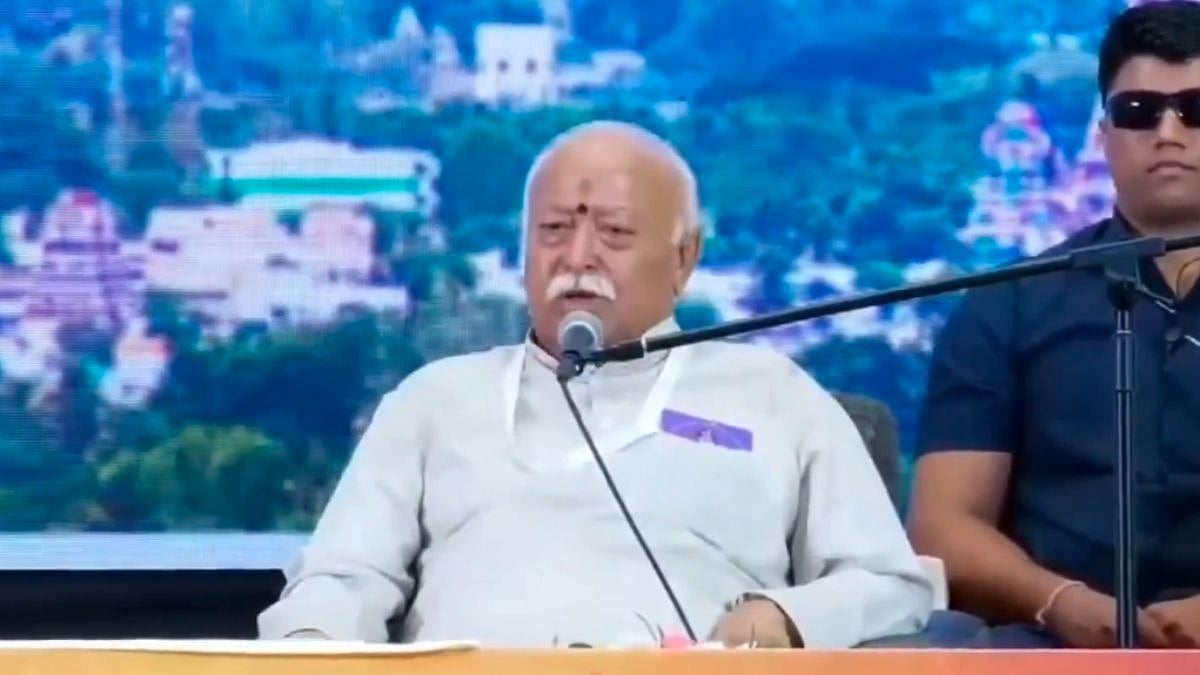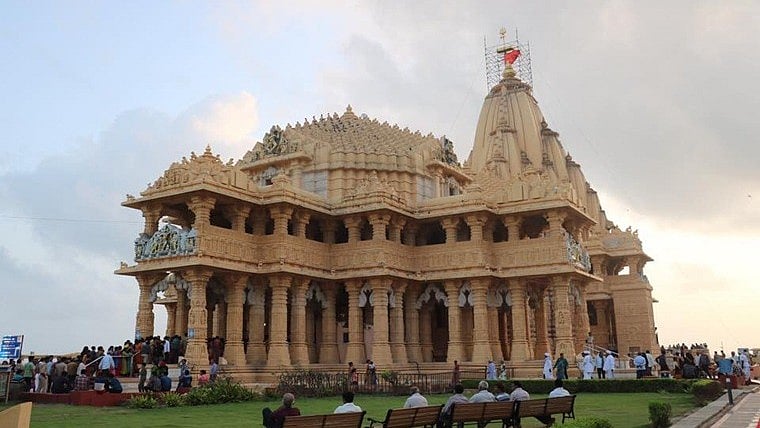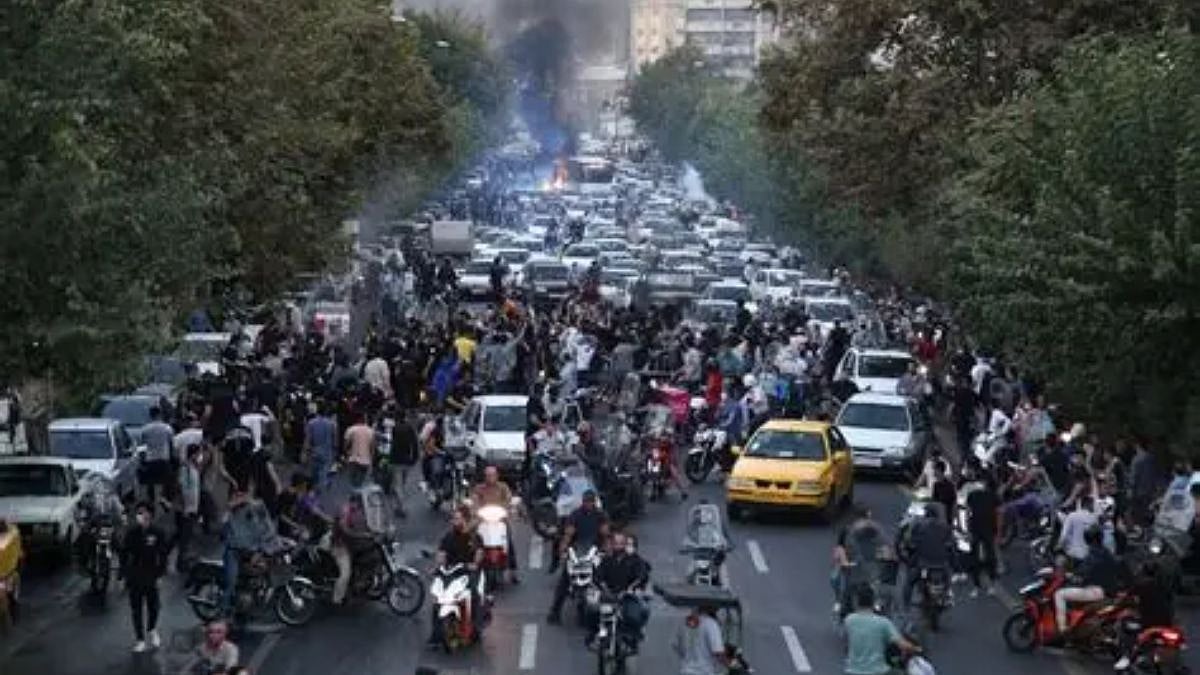Even as the fate of beleaguered Kamal Nath hangs before the Supreme Court on the timing of the confidence vote which he should have sought at the earliest, one cannot but wonder at the genesis of the current crisis.
Sonia Gandhi and Rahul Gandhi decided in favour of Nath for the post of chief minister of Madhya Pradesh after the assembly polls in December 2018 — because they thought he was the best Congress leader to handle the tenuous nature of the verdict. The Congress had emerged as the single largest party but not with enough seats on its own to secure a simple majority on its own. Nath was chosen as CM despite a younger lot of leaders like Jyotiraditya Scindia leading from the front in the assembly elections.
Scindia’s contribution was not minimal — his campaign in the Gwalior-Bhind belt as well as in other areas resulted in the Congress’ tally surpass the BJP’s numbers after 15 years. However, Sonia and Rahul thought Nath was the best person to handle the state amid strong criticism that the Congress has once again abandoned an opportunity to make a clean break with a sordid past. After all, Nath had been served a notice by the Nanavati Commission in connection with the killing of Sikhs in the aftermath of the assassination of then Prime Minister Indira Gandhi in 1984. But he was let off because of lack of evidence against him. Nevertheless, just in 2016, the Congress high command, facing a backlash from the Sikh community, was forced to withdraw Nath as party general secretary in charge of Punjab. Therefore, some Madhya Pradesh Congress leaders could not help wonder why the party appointed him as CM, even though it had the option of choosing someone else, say Scindia.
The younger lot of Congress leaders also felt that, by choosing 73-year-old Nath, Rahul’s dream for a rejuvenated Congress (by throwing open opportunities to the youth) suffered a big setback.
Nath felt, of course, rewarded for his contribution to the Congress’ success as he had borne a substantial cost of the party’s campaign. He was given charge of the Congress in Madhya Pradesh in April 2018. A cash-starved Congress depended on his financial skills for campaign expenditure.
Once he became CM, everyone expected Nath would give up the post of PCC chief. But he continued to hold the post because there was disagreement on who should be his successor. Initially, the Congress leadership had conveyed that the new chief will be appointed after the Lok Sabha elections, saying it wanted the Nath government to settle down. With the backing of Sonia-Rahul duo and tactical support of senior Congress leader Digvijaya Singh, Nath silenced his many critics within his party and outside. He went about the first year of his tenure in his characteristic style.
His dexterity in management of resources began to impact the decisions of the Congress high command. Consequently, neither Sonia nor Rahul felt any need to address the issues raised by Scindia and others relating to governance. Nath did not want to engage in any dialogue with his critics and detractors within the party. Just before the Lok Sabha polls, Scindia was asked to manage the party affairs in the western Uttar Pradesh when Priyanka Gandhi Vadra was assigned eastern UP.
In the aftermath of the Congress’ performance in the 2019 Lok Sabha polls when Rahul Gandhi stepped down as the Congress president last year, Scindia also resigned from his post. He had lost from Guna.
Given this background, the differences between Nath and Scindia remained unresolved. An exasperated Scindia sought intervention of Sonia and Rahul at least on the issue of delay in the announcement of farm loan waiver and regularisation of services of striking guest teachers as promised by the Congress in its manifesto. With Nath in no mood for any compromise with Scindia or any Congress MLAs who were unhappy with his approach, Sonia and Rahul preferred silence.
The Election Commission’s announcement of Rajya Sabha elections on March 26 for three seats from Madhya Pradesh stirred the top aspirants. It revived the demand that Scindia be given one of the “sure” seats. With its strength, the Congress can win only one seat easily and try for another. The BJP can win one seat easily and won’t let the Congress take another seat.
Nath backed Digivijaya Singh’s claim for the “sure” seat. It was then that Scindia decided to end his 18-year-old association with the party.
Anti-BJP critics have questioned the timing of Scindia’s departure. They are upset that Scindia has joined the BJP to strengthen Modi to spite his detractors, Nath and Digvijaya Singh. They accuse Scindia of chasing his ambition to become a Union Minister.
Is it all for a Rajya Sabha berth, they ask? Why could not have Scindia formed his own party like his father did in 1996 when he left the Congress but did not join hands with the BJP? Could he not have been like Mamata Banerjee and Sharad Pawar who left the Congress to form their own parties in West Bengal and Maharashtra?
After Scindia joined the BJP, 22 Congress MLAs, who flew to Bengaluru in BJP-ruled Karnataka, have resigned. They are expected to follow Scindia into the BJP. Only six of the 22 resignations have been accepted by the Speaker. The Congress claims the rebels have been kept captive in Bengaluru.
Nath was instructed to face a floor test on March 16 when the assembly opened for the budget session. The Speaker adjourned the assembly till March 26 (when the Rajya Sabha polls are due), citing the threat of the coronavirus. The BJP later asked the Supreme Court to order a floor test. It paraded 106 MLAs before the Governor and accused the ruling Congress of stalling to cling to power.
Dodging the Governor's directive twice to take the floor test, Nath got the Congress to petition the Supreme Court for help to "release" its lawmakers from what it called "BJP captivity". The rebel Congress MLAs held a press conference in Bengaluru saying they were staying away from Bhopal of their own volition and had resigned because they were not happy with Kamal Nath's style of leadership. They have also been posting videos to prove that they have not been forced to stay where they are.
An ingenious Nath may buy more time, saying that the trust vote should only be held when everyone is free. But how long can he avoid a trust vote when he knows the numbers do not favour his party. Also, the Supreme Court has always ruled against a delay in taking a vote of confidence. The big question is, however, could Nath not have tried to avoid this crisis in the first place? Nath may explain away the developments in the state to the machinations of the BJP. But, can he escape blame?
The writer is a former Senior Associate Editor of Hindustan Times and Political Editor of Deccan Herald, New Delhi



